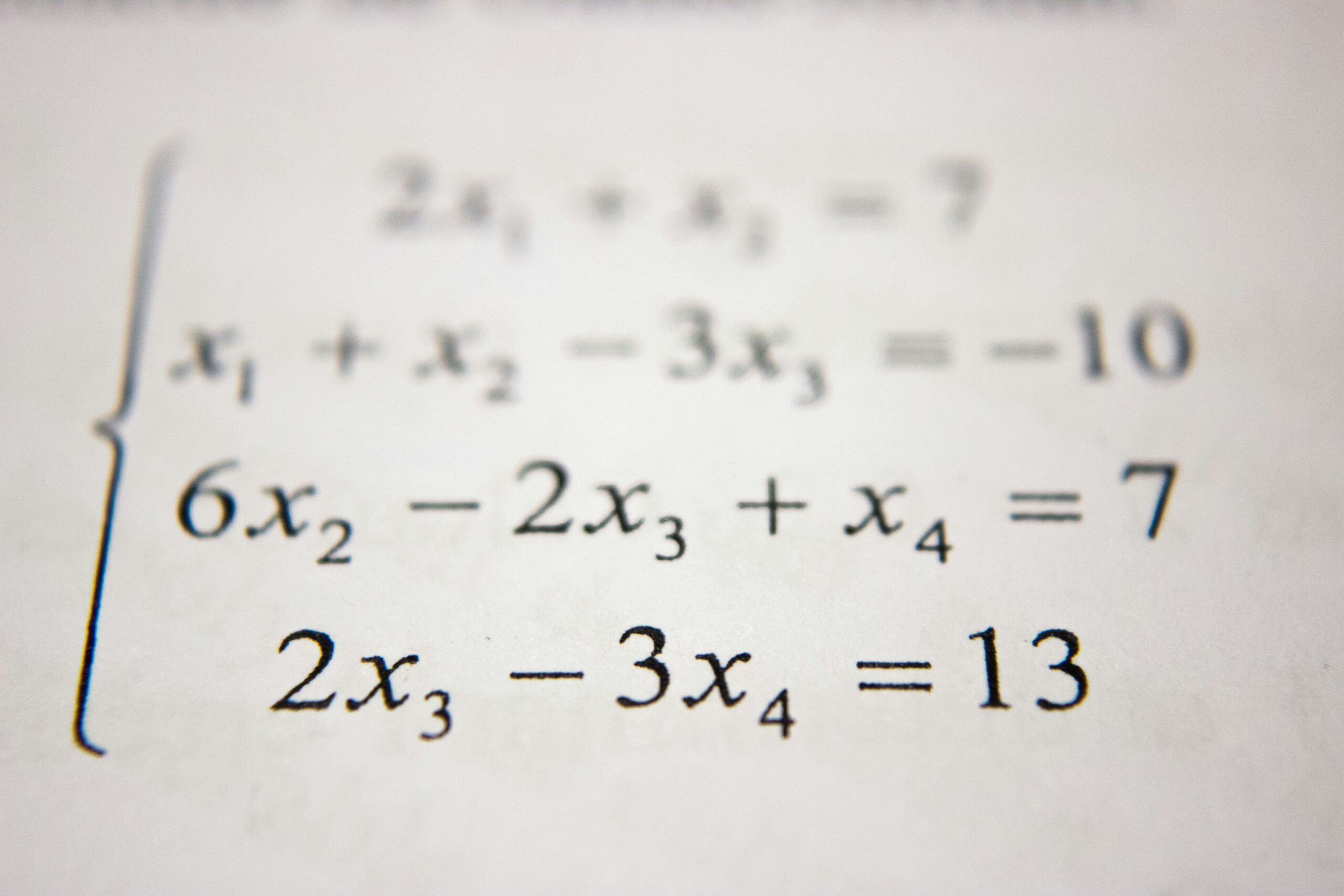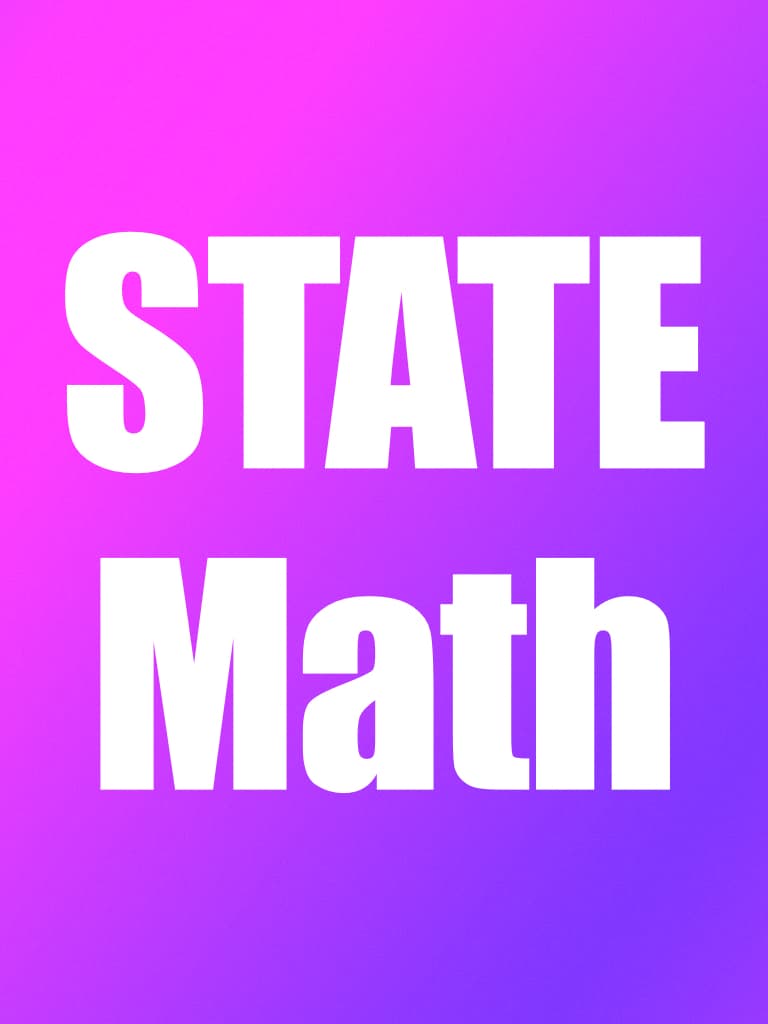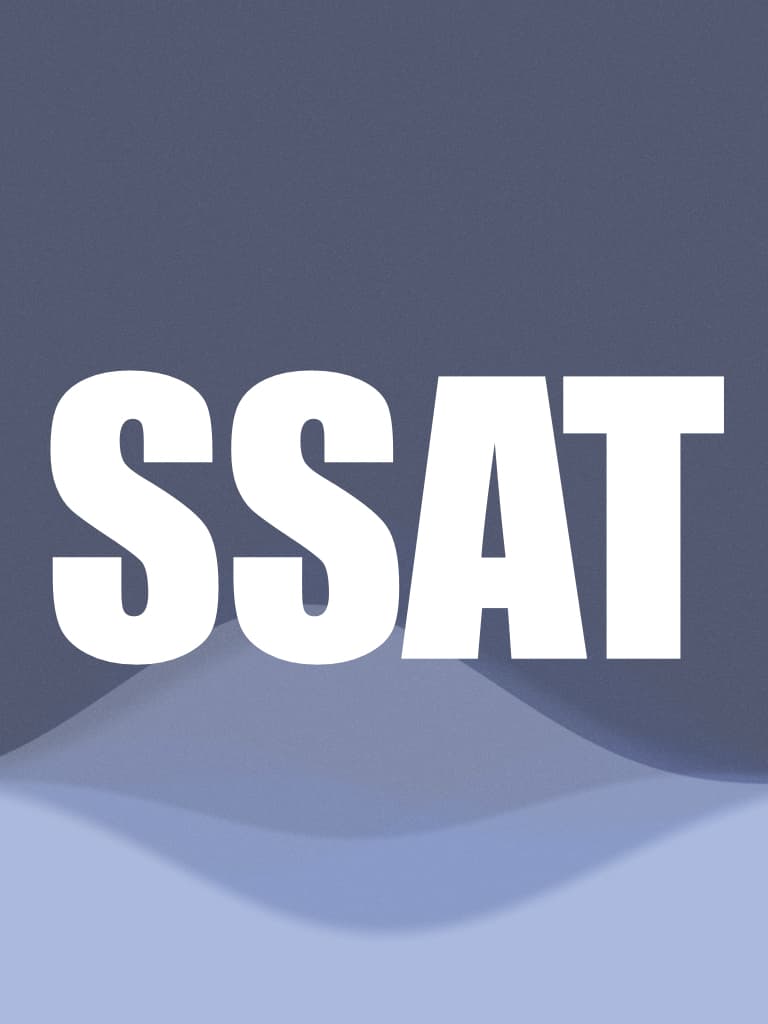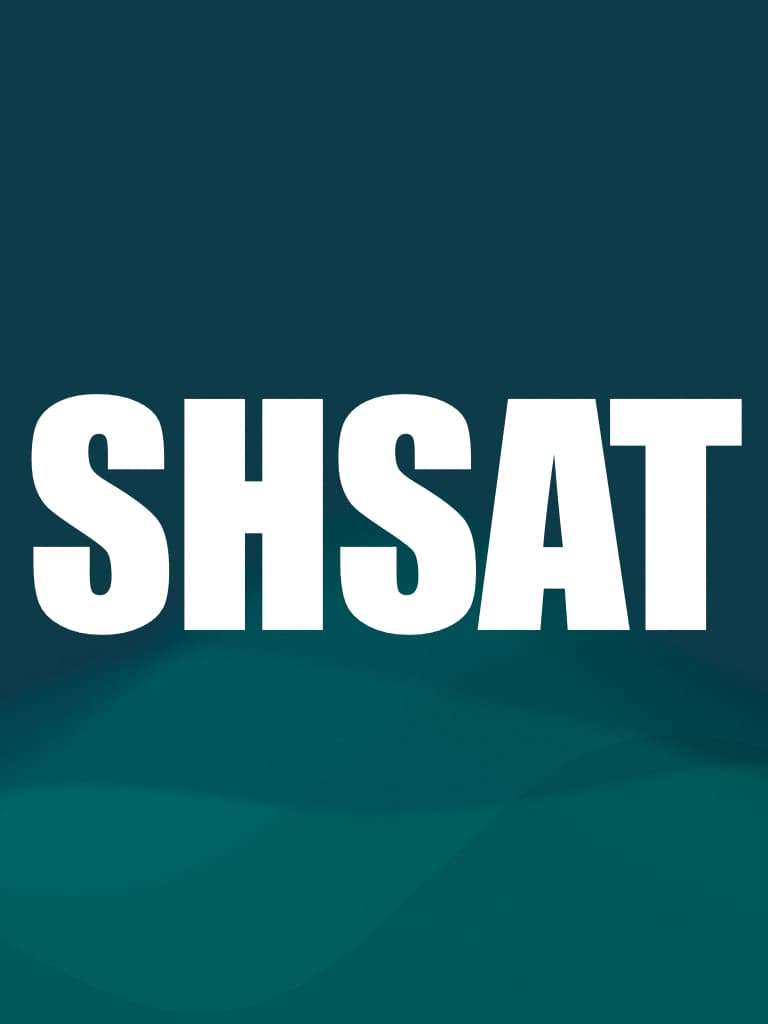Book Top Middle School Tutors
Navigating the Middle School Years: From Core Subjects to Confidence
Introduction
Middle school is a time of big changes—academically, socially, and personally. Students face more challenging subjects, higher expectations, and the transition from elementary school can feel overwhelming. At this stage, support can make all the difference in helping students stay confident, organized, and motivated. With the right guidance, students can thrive, build strong study habits, and enjoy learning.
Core Subjects & Academic Support
Middle school lays the foundation for high school and beyond. Students explore a wide variety of subjects, each presenting new challenges and opportunities to grow. Strong support in these areas helps children develop confidence, resilience, and a love for learning.
- Math: Fractions, decimals, ratios, pre-algebra, and introductory algebra.
- English & Language Arts: Reading comprehension, essay writing, grammar, and vocabulary.
- Science: Life science, physical science, and earth science concepts.
- Social Studies: History, geography, civics, and critical thinking skills.
Math
Middle school math transitions students from arithmetic to higher-level concepts that prepare them for algebra and geometry in high school.
Knowledge Points to Master:
- Fractions, decimals, and percentages (conversion and application)
- Ratios, proportions, and rates
- Integers, exponents, and order of operations
- Pre-algebra: variables, expressions, and simple equations
- Geometry basics: area, volume, angles, and coordinate plane
- Data and statistics: interpreting graphs, averages, probability
- Problem-solving through multi-step word problems
English & Language Arts (ELA)
ELA in grades 6–8 focuses on moving from basic reading and writing toward critical analysis, persuasive writing, and advanced communication.
Knowledge Points to Master:
- Reading comprehension of novels, short stories, nonfiction, and poetry
- Identifying themes, main ideas, tone, and author’s purpose
- Writing clear essays: narrative, persuasive, and expository
- Structuring paragraphs with topic sentences and evidence
- Grammar mastery: punctuation, sentence variety, and correct usage
- Vocabulary growth through reading and context clues
- Public speaking, presentations, and effective communication
Science
In middle school, science expands into biology, chemistry, physics, and earth/space sciences, giving students a broad foundation before high school specialization.
Knowledge Points to Master:
- Life science: cells, genetics, ecosystems, and human body systems
- Physical science: motion, forces, energy, matter, and simple chemistry
- Earth science: weather, climate, rocks, plate tectonics, and astronomy
- Scientific method: forming hypotheses, designing experiments, collecting data
- Lab skills: safety, measurement, observation, and reporting results
- Interpreting graphs, charts, and scientific data
Social Studies
Middle school social studies blends history, geography, civics, and cultural studies to give students perspective on societies past and present.
Knowledge Points to Master:
- U.S. history: early America, the Constitution, Civil War, and Reconstruction
- World history: ancient civilizations, Middle Ages, Renaissance, global interactions
- Geography: maps, regions, natural resources, and global interdependence
- Civics & government: rights, responsibilities, and structures of government
- Economics basics: trade, supply/demand, personal finance introduction
- Research and analysis: using primary and secondary sources, writing reports
- Critical thinking: cause-and-effect relationships, comparing perspectives
Study Skills & Time Management
Middle school brings increased homework, long-term projects, and more tests than elementary school. Many students find themselves juggling multiple subjects, deadlines, and extracurricular activities for the first time. Tutoring can help students not only stay on top of their workload but also develop lifelong learning skills.
Key Strategies Tutors Focus On:
- Organization: Teach students how to structure notebooks, use planners effectively, and manage digital tools like calendars and reminders.
- Time Management: Break large assignments into smaller, manageable tasks; prioritize tasks to prevent last-minute stress.
- Study Techniques: Identify a student’s learning style—visual, auditory, or kinesthetic—and tailor study strategies accordingly.
- Test Preparation: Learn effective review strategies such as active recall, practice tests, and summarization techniques.
- Motivation & Accountability: Develop routines and check-ins that encourage consistent effort and personal responsibility.
By building these skills early, students become more independent learners, better prepared for high school, and capable of handling academic challenges with confidence.
When Extra Support Can Make a Difference
Not every student needs a tutor, but certain signs show when extra help may be valuable. Struggles with homework, slipping grades, or avoiding challenging subjects can signal gaps in understanding. Teacher feedback and a child’s own feelings of frustration or self-doubt are also important indicators. Getting support early helps prevent small problems from becoming bigger, reduces stress, and rebuilds confidence. Tutoring offers a safe space to ask questions, practice skills, and develop stronger habits for success.
How to Get Started
Finding the right tutor can be a transformative experience. The first step is identifying your child’s needs and preferences to ensure a good match.
Steps to Begin Tutoring:
- Assess Academic Needs: Review grades, teacher feedback, and areas of struggle or interest.
- Explore Tutor Profiles: Look for tutors with experience in middle school subjects and a teaching style that matches your child’s learning style.
- Set Goals: Define clear objectives—improving grades, mastering a subject, or enhancing study skills.
- Schedule a Trial Session: Start with a short session to see how your child responds.
- Monitor Progress: Check in regularly to adjust learning plans and celebrate achievements.
With the right tutor, students can not only improve academically but also develop confidence, independence, and a love for learning that lasts well beyond middle school.
Find Middle School Tutors Near You
Middle school is a pivotal stage where students move from basic skills to advanced learning, building the foundation for high school and beyond while also developing confidence, independence, and personal interests through family support, teachers, and activities like clubs and sports.
Explore local and online tutoring options to find the right support for your child—and help them navigate middle school with confidence and success.



















